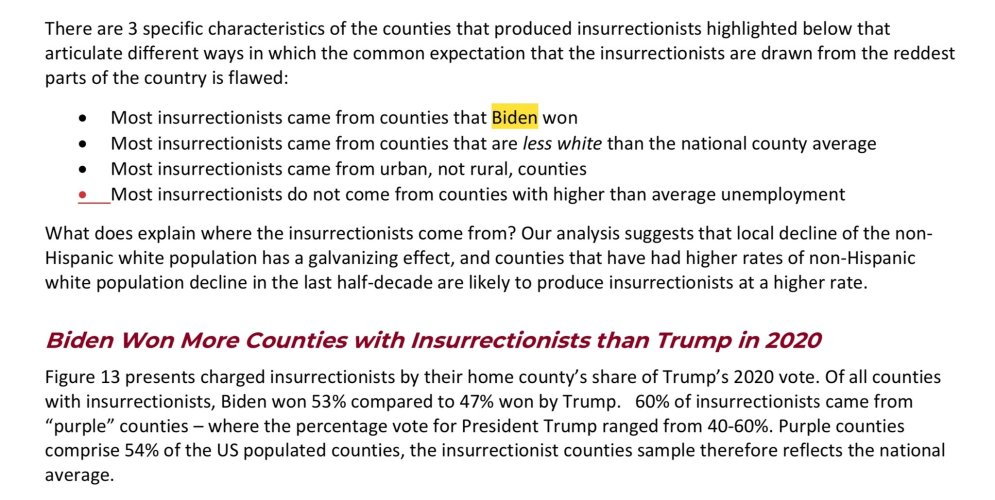superchuck500
U.S. Blues
Offline
I guess it's time to start a thread for this. We know that at least 140 members of Congress have pledged to join the objection. Under federal law, if at least one member of each house (HOR and Senate) objects, each house will adjourn the joint session for their own session (limited at two hours) to take up the objection. If both houses pass a resolution objecting to the EC result, further action can take place. If both houses do not (i.e. if one or neither passes a resolution), the objection is powerless and the college result is certified.
Clearly this is political theater as we know such a resolution will not pass the House, and there's good reason to think it wouldn't pass the Senate either (with or without the two senators from Georgia). The January 6 joint session is traditionally a ceremonial one. This one will not be.
Many traditional pillars of Republican support have condemned the plan as futile and damaging. Certainly the Trump loyalists don't care - and many are likely doing it for fundraising purposes or to carry weight with the fraction of their constituencies that think this is a good idea.
Clearly this is political theater as we know such a resolution will not pass the House, and there's good reason to think it wouldn't pass the Senate either (with or without the two senators from Georgia). The January 6 joint session is traditionally a ceremonial one. This one will not be.
Many traditional pillars of Republican support have condemned the plan as futile and damaging. Certainly the Trump loyalists don't care - and many are likely doing it for fundraising purposes or to carry weight with the fraction of their constituencies that think this is a good idea.



